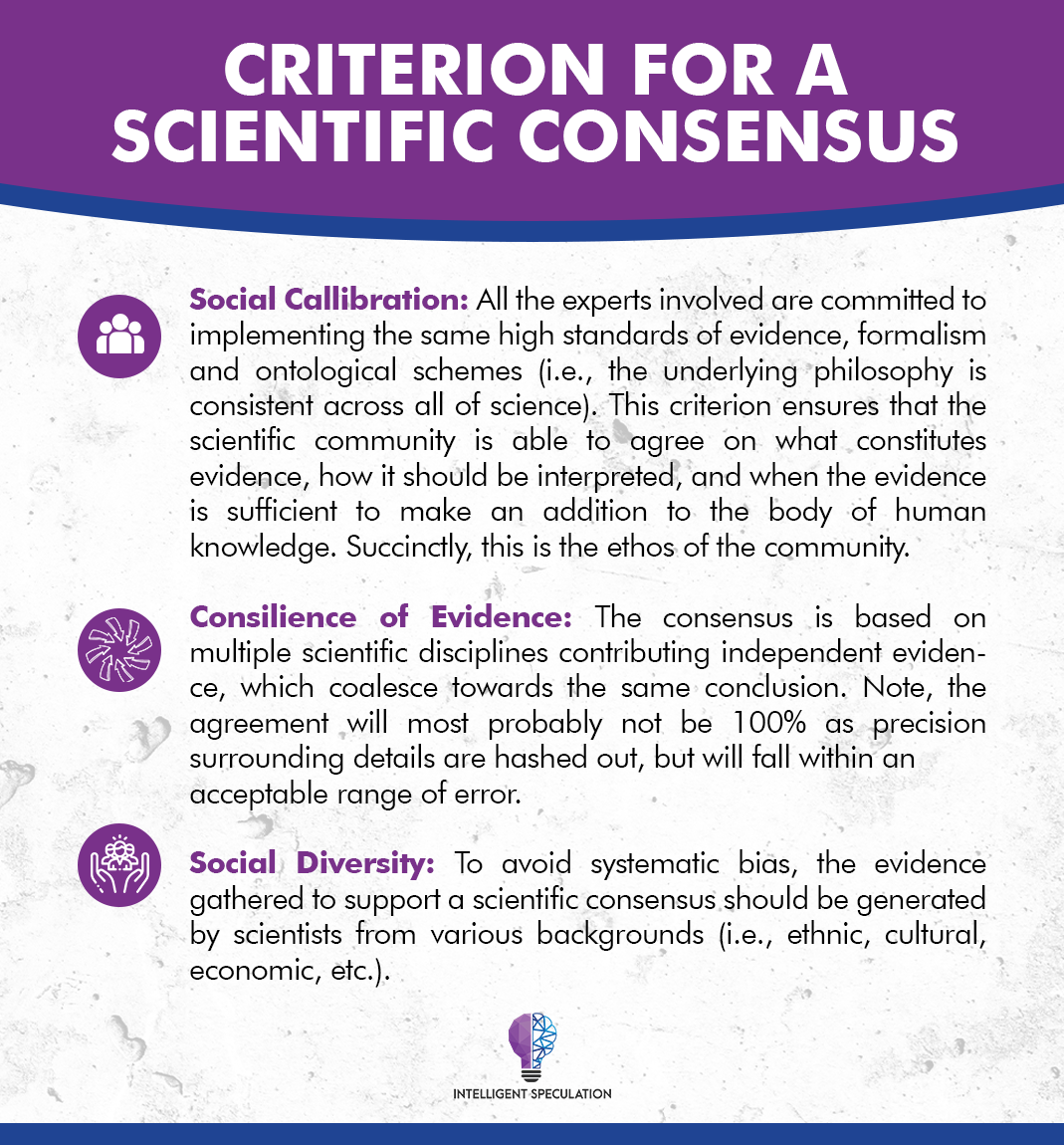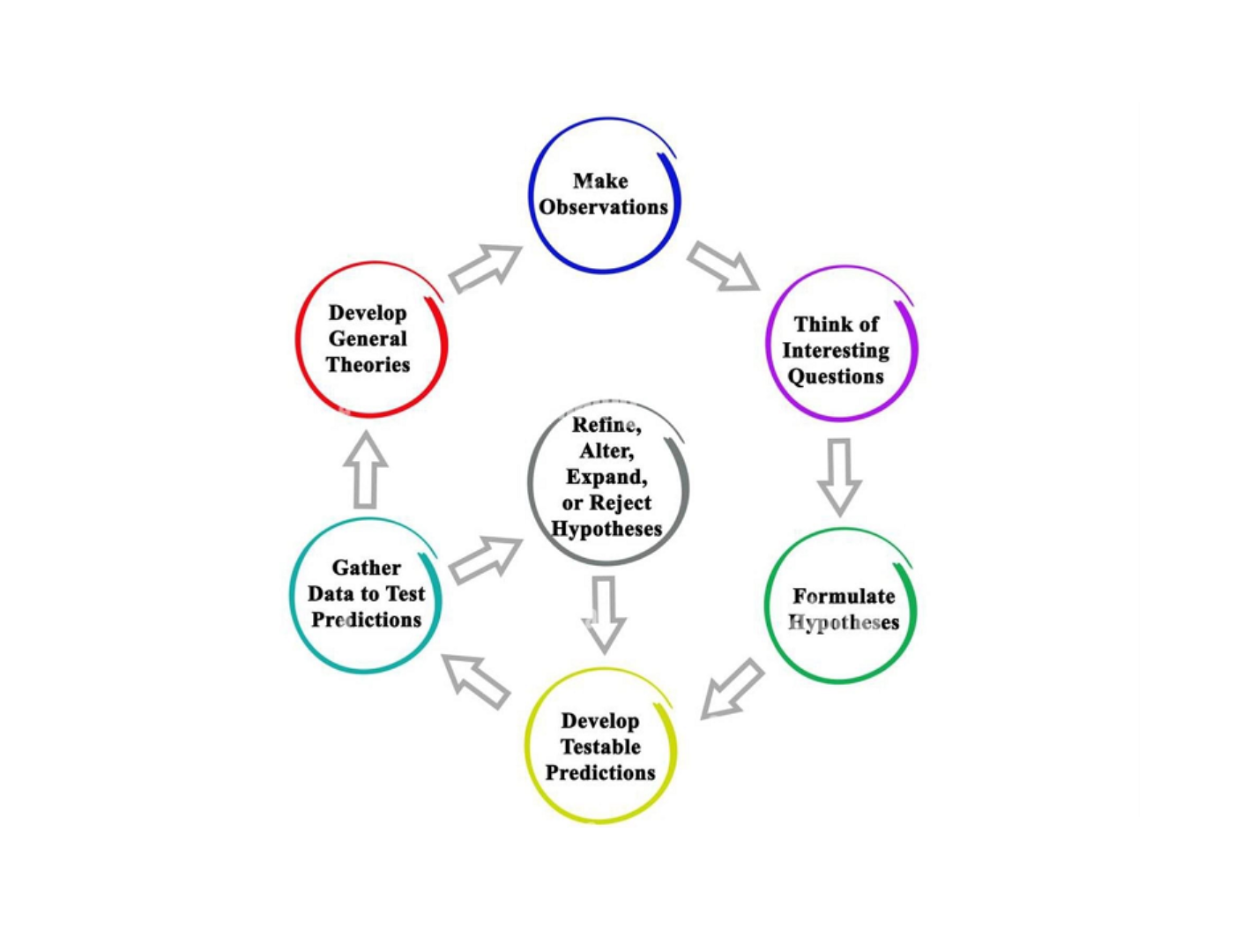Science is interesting but messy. It has flaws and limitations, but it remains our most effective tool to understand the natural world. Contrary to what many may think, science does not “prove” [1] anything and it does not lead to an “objective truth”. Science is the process by which scientists collect data through observational and experimental evidence to explain a particular phenomenon…
Read MoreIn part I, we discussed the concept of knowledge and introduced the Justified True Belief theory as a possible framework for establishing how it is that we might be able to say that we know anything at all. We also introduced the notion that science doesn't actually ever prove anything. That is, due to the philosophical structure of science, we never can be absolutely certain about any of the knowledge attained through it. This may appear problematic, but it is the…
Read MoreHave you ever gotten into a debate over a scientific topic with someone? For example, Big Bang Theory or Evolutionary Theory? If you have, maybe it went something like this, “We know the Big Bang happened because we have evidence of space expanding via Hubble’s Law, and the Cosmic Microwave Background suggests that at one time everything was condensed into a very small volume before rapid expansion.” In my experience, the people I debate respond by either questioning the…
Read MoreThe scientific method is arguably the most valuable instrument for knowledge that we have ever invented. Nonetheless, it is not perfect as bad research does sometimes get published and the volumes of evidence generated are….
Read MoreThe term “consensus” is often encountered in daily life on the news, in causal conversation, on social media, etc. and most would interpret this word as the majority of opinion. However, once you attach the word “scientific” in front of it, you move beyond the colloquial terminology into….
Read MoreWe have been introduced to the Scientific Method in a previous post. To recap, the process goes a bit like this:…
Read MoreThe scientific method is a process implemented in experimentation that is used to answer questions surrounding an observation. However, this is a loose definition as scientists often will modify this process when direct experimentation is not available. For example, scientists studying climate change over large time periods cannot fast-forward time to….
Read More






